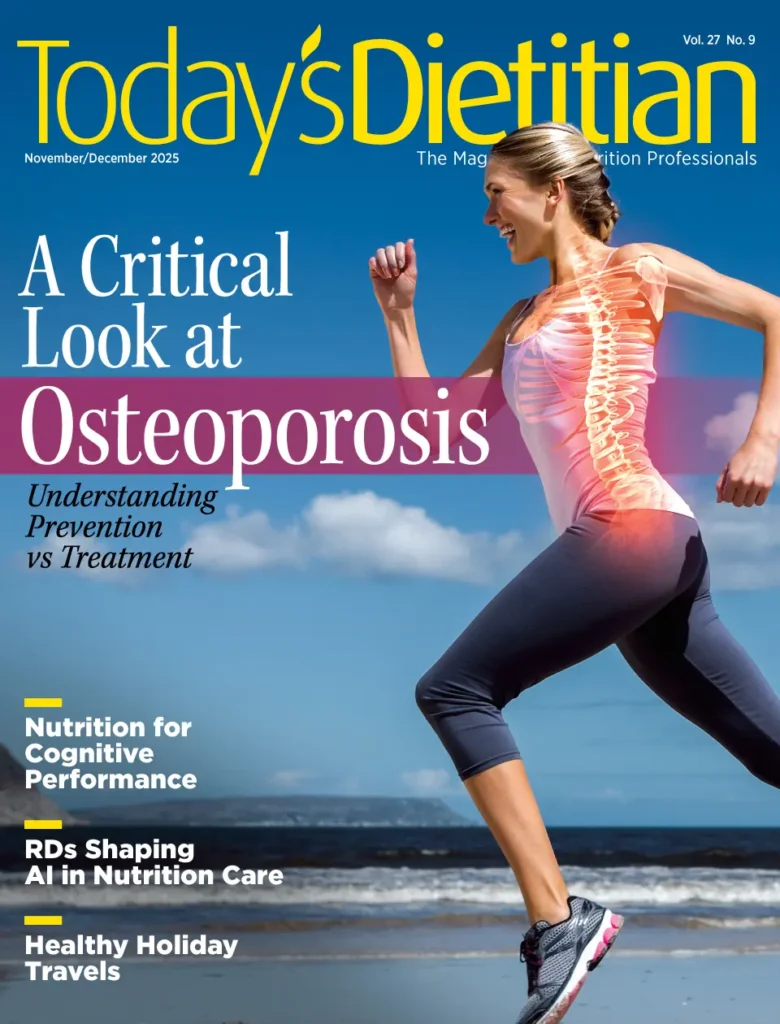Breast-feeding may protect high-birthweight infants from having overweight or obesity as children, new research from South Korea suggests. The results were presented in a poster at ENDO 2018, the 100th annual meeting of the Endocrine Society in Chicago.
“High birthweight is associated with overweight or obesity during early childhood. Among high-birthweight infants, exclusive breast-feeding is a significant protective factor against overweight and obesity,” says lead study author Hae Soon Kim, MD, of Ewha Womans University College of Medicine in Seoul, South Korea.
“High-birthweight infants were highly likely to meet the criteria for obesity or overweight through 6 years of age compared with normal-birthweight infants. But the risk of becoming overweight or obese dropped significantly among the high-birthweight infants who were breast-fed for the first six months of life,” Kim adds.
In a retrospective cohort study, Kim and coauthors, all of Ewha Womans University College of Medicine, investigated the weight-growth trajectory and the protective effect of breast-feeding for obesity in children. They analyzed data between January 1, 2008, and December 31, 2016, from the National Health Information Database of Korea.
The researchers followed 38,039 participants who were completely eligible for all health checkups from birth through age 6. At each check-up period, the authors examined the association between birthweight status and growth development.
Infants were assigned to one of three groups by birthweight: the low-birthweight group, less than or equal to 2,500 g (5.5 lbs); the normal-birthweight group, more than 2,500 g and less than 4,000 g (8.8 lbs); and the high-birthweight group, 4,000 g or more.
During the follow-up period, about 10% of the low-birthweight infants and 15% of the normal-birthweight infants developed obesity or overweight. By contrast, more than 25% of the high-birthweight infants met the criteria for obesity or overweight.
The high-birthweight infants were highly likely to be overweight or have obesity compared with normal-birthweight infants through age 6, and the low-birthweight infants were highly likely to be underweight through age 6.
But the risk of overweight or obesity decreased significantly if high-birthweight infants were exclusively breast-fed for the first six months of life.
“The increase in the prevalence of childhood overweight and obesity, which began in the 1970s, has grown into a global epidemic. Obesity persists from childhood to adolescence and into adulthood and is a leading cause of health problems,” according to the authors.
— Source: Endocrine Society
Gluten-Free Diet May Help With Gluten Sensitivity Neuropathy
A strict gluten-free diet may help protect against the nerve pain that some people with gluten sensitivity experience, according to a preliminary United Kingdom (UK) study.
“These findings are exciting because it might mean that a relatively simple change in diet could help alleviate painful symptoms tied to gluten neuropathy,” says lead author Panagiotis Zis, MD, PhD, of the University of Sheffield in Sheffield, UK, and a member of the American Academy of Neurology. “While our study shows an association between a self-reported gluten-free diet and less pain, it does not show that one causes the other.”
Gluten sensitivity has been associated with peripheral neuropathy—a condition in which a person’s peripheral nerves become damaged, often causing weakness, numbness, and pain, typically in the hands and feet. When a person has nerve pain that can’t otherwise be explained and has a sensitivity to gluten, the diagnosis might be gluten neuropathy.
The study involved 60 people with an average age of 70 who had gluten neuropathy. They were asked about the intensity of their pain, their other neuropathy symptoms, their mental health, and whether they followed a strict gluten-free diet. A total of 33 of the participants, or 55%, had pain with their neuropathy.
People who were following a strict gluten-free diet were more likely to be free of pain than people who didn’t. A total of 56% of those without pain were on a gluten-free diet, compared with 21% of those with pain. After adjusting for age, sex, and mental health status, researchers found that people following the strict diet were 89% less likely to have pain with their neuropathy than people not following the diet.
The study also found that people with painful gluten neuropathy scored significantly worse on the mental health assessment, which has a range of zero to 100, with 100 being best. Those with painful gluten neuropathy had an average score of 76, as opposed to the average score of 87 for those with painless gluten neuropathy.
“This study is promising because it shows that a gluten-free diet may help lower the risk of pain for people with gluten neuropathy,” Zis says. “More research is needed to confirm these results and to determine whether the gluten-free diet led to the reduction in pain.”
— Source: American Academy of Neurology


